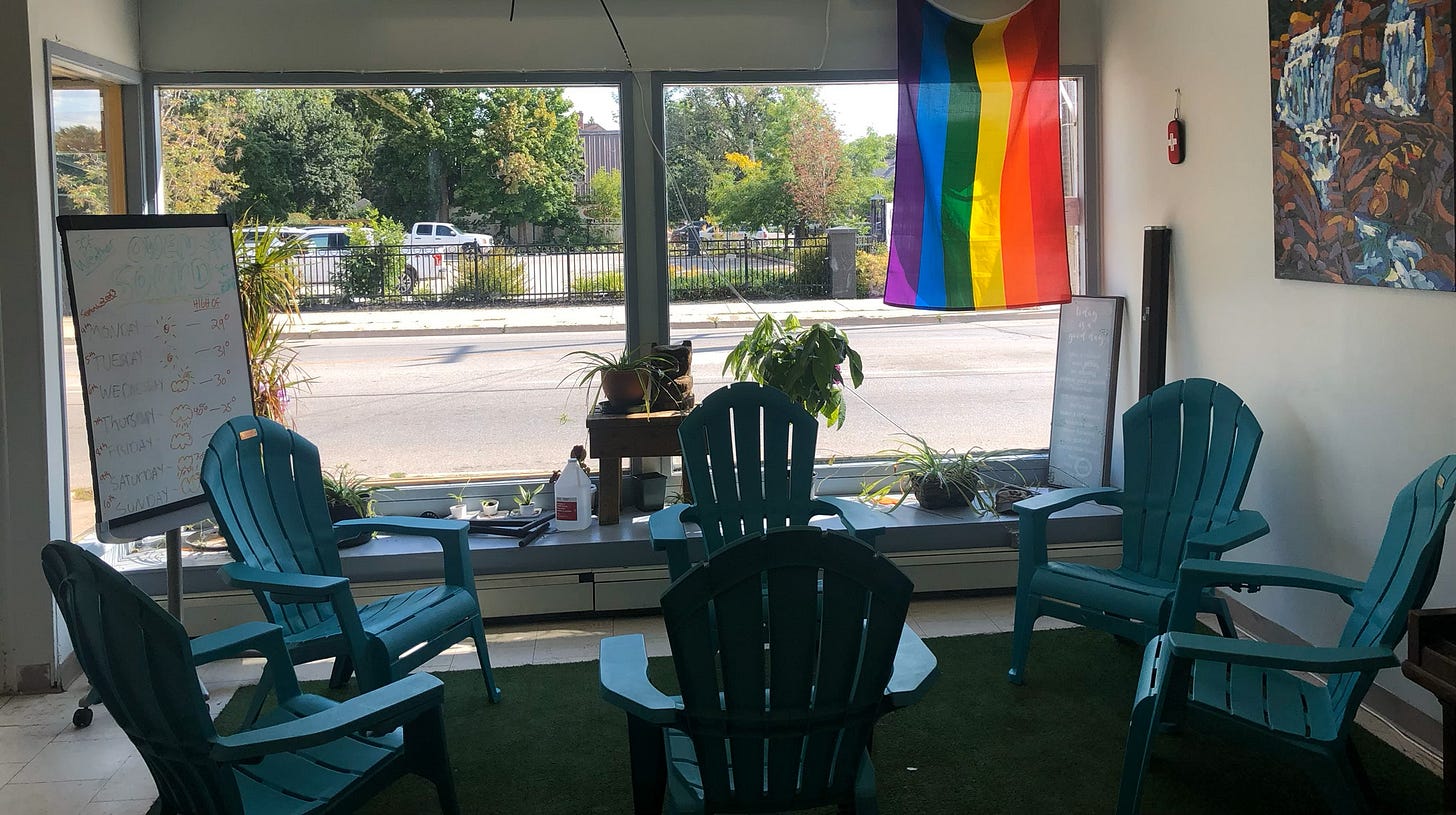Letter: Clarifying Facts and Reaffirming Our Commitment to Community - Safe n Sound
Safe n Sound's board chair responds to criticism of their program and invites community members and municipal representatives to work together on bridging the gaps they fill in our community.

LETTER TO THE EDITOR
We are writing in response to recent statements that have circulated regarding our organization, Safe n Sound’s transparency and professionalism. These claims of disinformation are unfounded and undermine the critical work being done to support some of the most vulnerable members of our community.
Financial T…
Keep reading with a 7-day free trial
Subscribe to The Owen Sound Current to keep reading this post and get 7 days of free access to the full post archives.


